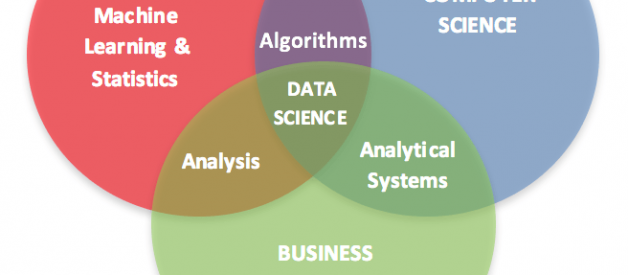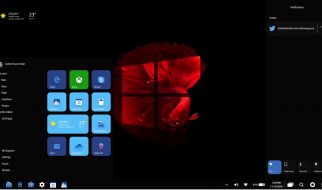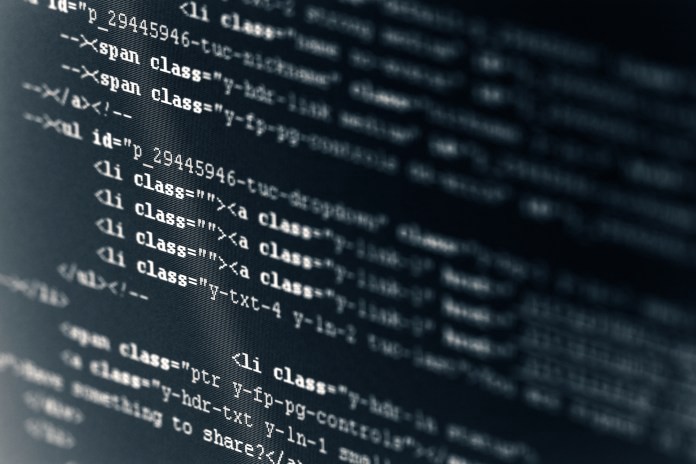
About a month back, while I was sitting at a caf and working on developing a website for a client, I found this woman sitting at a table near me, observing what I was doing for quite some time. After a while, she asked me if I was coding and what language I was coding in. A light conversation ensued and I found out that she was a data scientist. She told me that since her background was in BBA, and her company wanted her to take up some online courses in Python and machine learning to become more proficient in data science. After spending quite a lot of time and money on a multitude of courses, both she and the company realized that programming is not something that one can just pick up without a proper foundation.
Data Science and Big Data have become buzzwords these days and it is leading a lot of Computer Science students and graduates into a dilemma about which career path will ensure them a better future, not to mention higher pay. Should they take to software engineering or data science? To answer this question, let?s just take a look at the key differences between the two.
Areas of Application / Scope
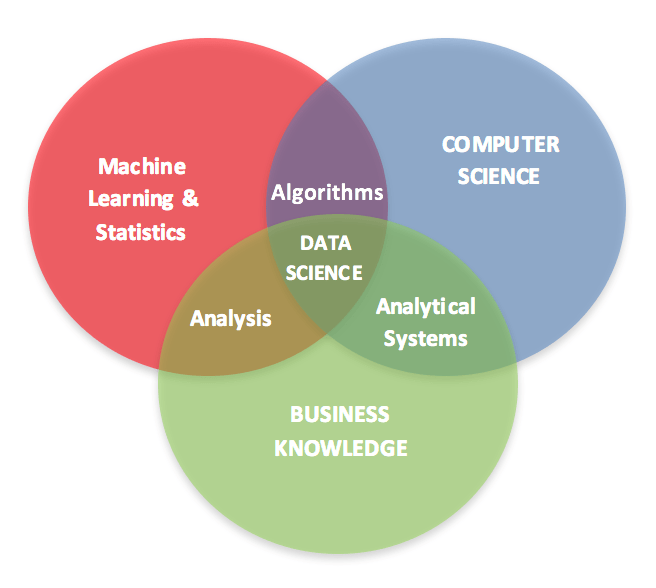
Software engineers mainly create products that create data, while data scientists analyze said data. You can say that software engineers produce the means to get information, but data scientists convert this information into useful intelligence that businesses can use.
To elaborate, software engineers work on developing and building web and mobile apps, operating systems and software to be used by organizations. Data scientists, on the other hand, work on data collected to build predictive models and develop machine learning capabilities to analyze the data captured by the software.
What is the takeaway from this? A data scientist wouldn?t exist if it weren?t for the software engineer. Then again, many say that software engineering is the present but data science is the future.
Personally, I beg to differ. Although it seems like data science is a relatively new term, it has been around for quite some time. People have been crunching data using computers to predict stock market trends, weather, and a whole lot of other phenomena for decades. This was nothing but data science!
Today, with more and more data collection methods coming in, companies are having to deal with almost 2.5 quintillion bytes of data on a daily basis. In the coming years, the average enterprise will be dealing with almost 50 times more. Somebody has got to make sense of all that data (my recommended relevant course), most of which is unstructured. And that is why data scientists are becoming almost indispensable.
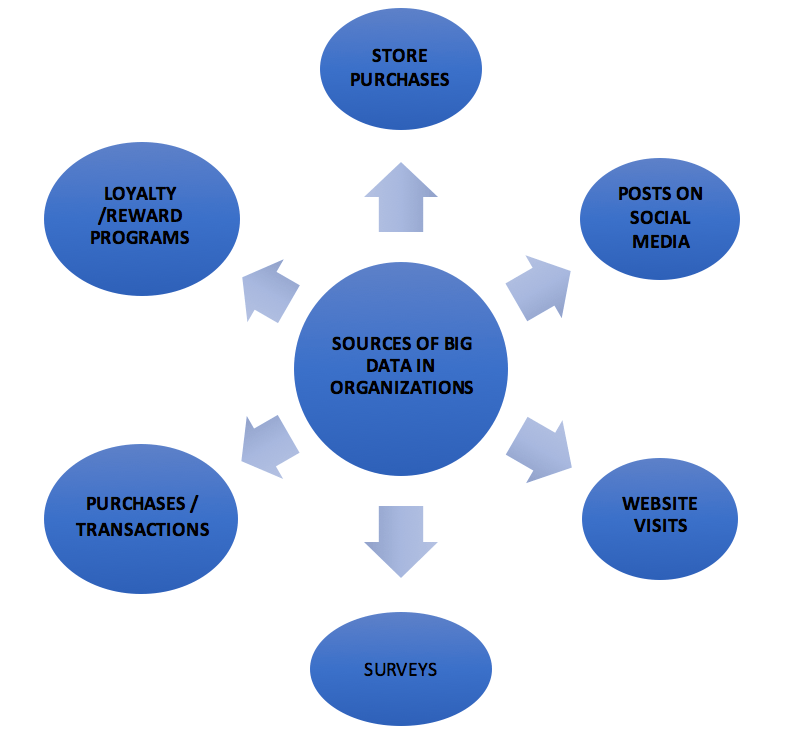
Qualifications
Coming back to the question, does a data scientist need to know how to program? Not really. They need to be proficient with some data science tools, and use their intuitive skills to know the best way to organize and analyze the data and make the right predictions based on past trends and patterns. Having said that, if you come from a computer science background, you have more options open to make a choice.
Remuneration
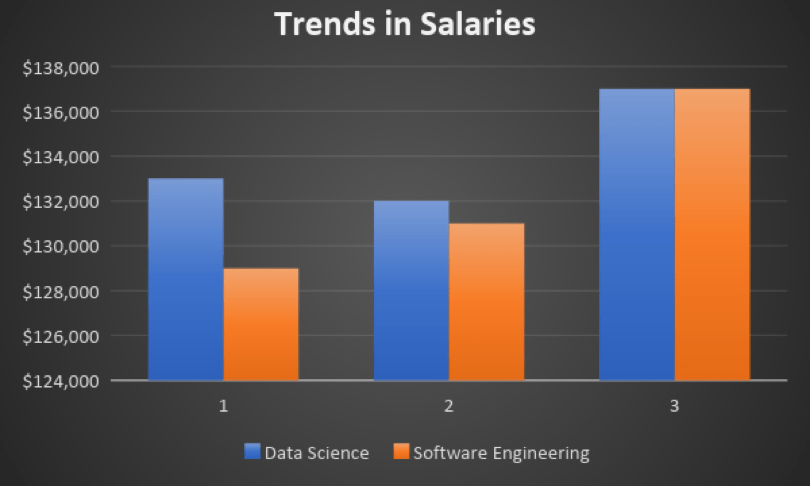
Salary-wise, both data science and software engineering pay almost the same, both bringing in an average of $137K, according to the 2018 State of Salaries Report.
Conclusion
In the end, it all just boils down to your personal preference and interest. If you like creating things and building algorithms that have a set outcome where you know what to expect, then software engineering is right for you. But if you like the unpredictable, are in love with statistics and trends, and have innate business acumen, then you?re the data scientist the future is looking for.
Moral of the story, although the field of data science is growing every day, its importance will never overshadow that of software engineers, because we will always need them to build the software that data scientists will work on. And with more data at our disposal, we will always need data scientists to analyze the data and bring improvements in business.
If you are looking to start this learning journey, I highly recommend this introductory python course!
Originally published at www.datadriveninvestor.com on January 23, 2019.
